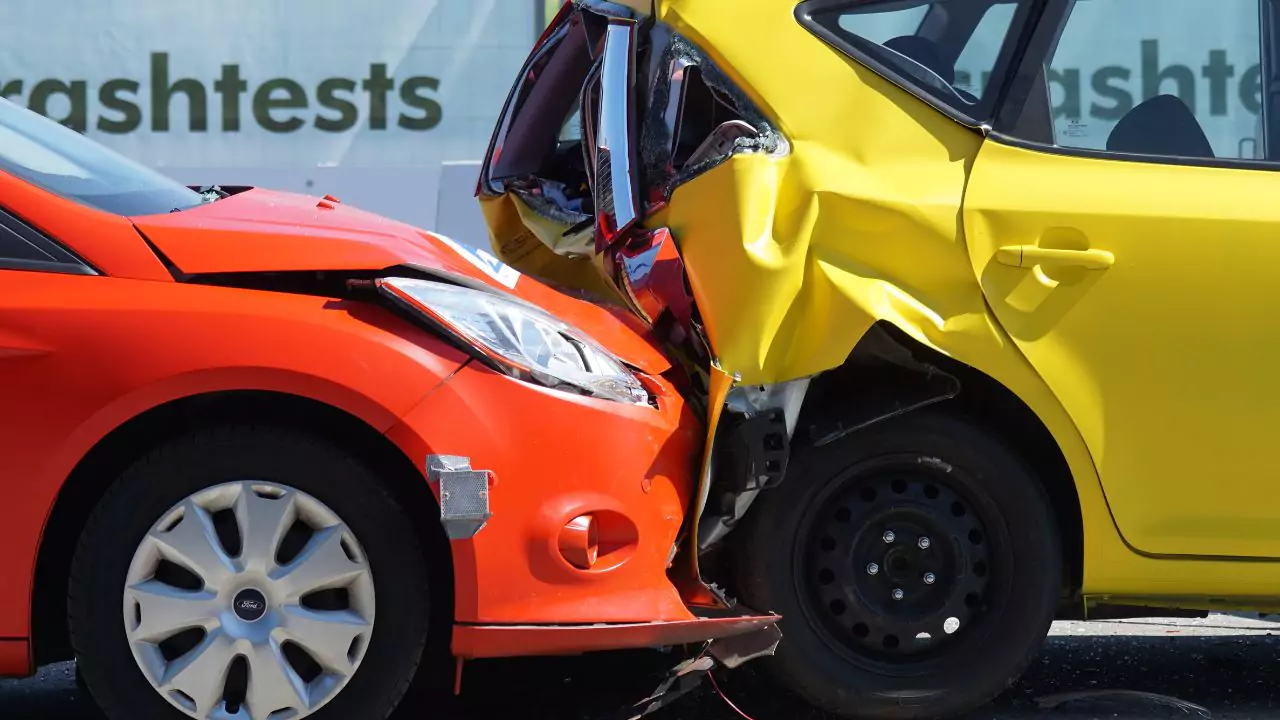If your insurance company deems your vehicle a total loss, meaning the estimated repair costs exceed the car’s actual cash value, they will pay you the pre-accident fair market value minus your deductible if you have collision coverage.
You can opt to keep the totaled car, but it gets a salvage title. Otherwise, the insurer takes possession and disposes of it.
You are still responsible for any remaining loan balance unless gap insurance covers the difference.
To get fair compensation for a replacement car, you need adequate coverage limits. The at-fault driver’s liability insurer pays for your totaled car if you weren’t at fault. Consider keeping the totaled car only if repairs are minimal.
Getting your car totaled means going through an unfamiliar process, but understanding your options helps smooth the transition.
What Does it Mean When Your Car is Totaled?
Definition of a Totaled Car
A total loss or “totaled” vehicle is one that an insurance company deems too damaged to repair and replace. This happens when the estimated repair costs exceed the actual cash value of the vehicle. For example, if repairs are estimated at $8,000 but the car is only worth $6,000, the insurer will deem it a total loss rather than pay more to fix it than it’s worth.
When Is a Car Considered Totaled?
There is no single threshold for when a car is considered totaled. It depends on each state’s regulations and the insurance company’s calculations. Generally, if estimated repair costs reach around 75% of the car’s pre-accident value, the insurer will total it. Some states set specific total loss thresholds by law, like 80% in Kentucky.
How Insurance Companies Determine a Total Loss
Insurers calculate a vehicle’s actual cash value by factoring in its year, make, model, mileage, condition, and local market value. They’ll inspect and assess all damage, then estimate the parts, labor, taxes, and fees for repairs. If that estimate exceeds the car’s worth, it’s deemed a total loss. The claims adjuster usually makes the total loss call, sometimes in consultation with the owner.
The Process After Your Car is Totaled
Replacing Your Totaled Car
If you had comprehensive collision coverage, your insurer will pay the ACV of your totaled car toward a replacement. With gap insurance, you may also receive funds to cover any remaining amount owed on a loan/lease. You can use those payouts as a down payment for another car.
Keeping Your Totaled Car
In some cases, you may want to keep your totaled car and repair it yourself. The insurance company will deduct the estimated salvage value from your payout. You’ll get the title, but it will be stamped “salvage” to indicate it was totaled.
Insurance Coverage for a Totaled Car
Collision coverage pays for the value of your totaled car, minus your deductible. Comprehensive covers events like theft or natural disasters. Gap insurance covers any difference between what you owe on the car and its ACV. Liability coverage does not apply to your own totaled vehicle.
What Happens to the Totaled Vehicle?
Disposing of the Vehicle
Insurers will give you time to remove personal items from a total loss car. The company then takes possession and disposes of or salvages the vehicle. An insurer may sell usable parts, or scrap metal, or auction the car to auto dismantlers.
Options for Dealing with a Total Loss Car
If you keep a totaled car, you have a few options: rebuild it yourself, part it out for saleable components, scrap it for metal value, donate it to charity, or sell it on the salvage market. Most states require a salvage title to re-register and drive a rebuilt total loss vehicle.
Frequently Asked Questions
Do I Still Have to Pay My Loan or Lease on a Totaled Car?
Yes, you are still responsible for any amount owed above the car’s ACV payout from insurance. Gap insurance will cover the difference in many cases. For a lease, the GAP insurer will pay the leasing company.
What Happens If Your Car is Totaled and You’re Not at Fault?
The at-fault driver’s liability insurance should pay the ACV for your totaled car. You will not need to pay a deductible, and your rates should not increase.
Should I Keep a Totaled Car?
Only if the damage is minimal, you have the ability to repair it, and your state’s salvage title regulations are not too strict. The cost of repairs may end up exceeding a total loss payout.
How Much Does Insurance Pay for a Totaled Car?
They will pay the actual cash value, or current fair market value, minus your deductible. This is determined based on age, condition, features, and market comparables.
Can I Trade in a Totaled Car?
Possibly, but the value will be very low. You’d have to repair it to be roadworthy first and get a salvage title. Most dealerships won’t accept totaled vehicles on trade-in.
In summary, having your car totaled means the insurer deems it a complete loss financially. Though jarring, understanding the process, your options, and what happens next can make the situation much easier to navigate. With the right insurance coverage, you can get fair compensation and focus on finding a replacement vehicle.





